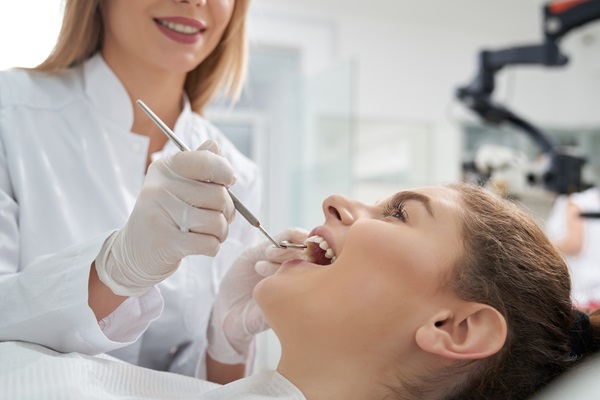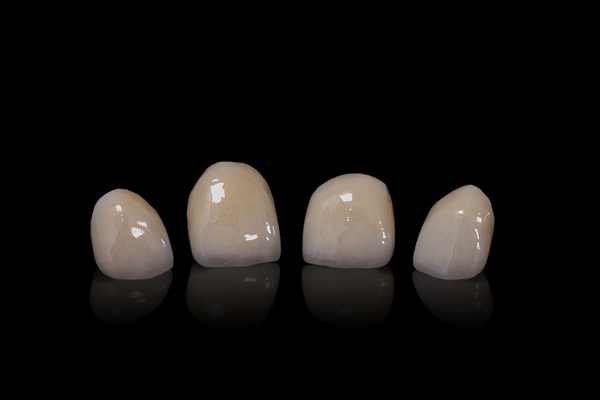Preventive Dentistry: Preserve Your Teeth

Using preventive dentistry to keep your teeth and gums healthy may be difficult at times. It feels better and costs less to practice prevention rather than get the cure. Many dental treatments for saving teeth are expensive and labor-intensive. Doing your part in preserving your teeth can also save your general health. If you want to find out about how preventive dentistry can preserve your teeth, here are the details.
Using an electric toothbrush
Brushing teeth at home is part of practicing preventive dentistry. It is all right to use a manual toothbrush. Yet, people who use a manual toothbrush tend to brush for less than two minutes. Elevating the level of cleanliness is possible with an electric toothbrush. This dental tool is an advanced helper.
An electric toothbrush has a built-in two-minute timer. This ensures complete brushing each time. Incorrect brushing often leads to swollen gums, plaque buildup, and cavities. Electric toothbrushes are sonic instruments. Each one can remove plaque. The vibrations allow an electric toothbrush to reach underneath the gums and in between teeth.
Understanding dental care
Preventive dentistry involves knowing and understanding everything about proper dental care. Oral care starts in the home. Practicing the right techniques in brushing and flossing is basic in preventing teeth and gum issues. Treatments, such as recalcification, are available for reinforcing teeth.
Recalcification rebuilds the enamel. This removes the need for a dental filling. Early detection through routine dental visits is important. It can tell the dentist if the patient can get a recalcification procedure.
Dental restorations should go through a checkup every eight years. This is to remove any threatening infections under the dental restorations. Worse problems may arise if the restorations stay on longer without checkups. The patient may end up having a root canal if the infection does not receive treatment.
Fluoride is a natural teeth-strengthening element. Getting fluoride treatments must start when the patient is at least 15 years old. Fluoride rebuilds the enamel. It also buffers the acids.
Knowing the right oral care regimen
Advancements in preventive dentistry allow patients to determine to which category they belong. The attending dentist can help the patient know the right category. Once the category is clear, the dentist can give the patient the right dental care products. Corresponding dental care products can make a difference in the patient’s oral health.
Wearing a night guard
Protecting teeth from early wear is another aspect of preventive dentistry. Undiagnosed teeth grinders lose one millimeter of enamel each year. Jaw clenchers also experience the same thing but may not be aware of it. The teeth and bone structure break down. This leads to gum recession and then tooth loss.
The dentist will determine if the patient belongs to this category. If the patient is, then a night guard is an order. A night guard will protect the patient’s teeth from the pressures of grinding and clenching. The patient must wear this while sleeping at night.
Preventive dentistry can preserve your teeth
Saving teeth is one of the main goals of preventive dentistry. Knowing more about how you can be active in preserving your teeth can make the effort smoother. Preventive dentistry is more rewarding than walking out of the dental clinic with dental crowns. Regular dental appointments with your dentist can help you with preventive dentistry measures to preserve your teeth.
Are you considering having a preventive dentistry procedure in the Union area? Get more information at https://www.ismiledentalcarenj.com or call us at (908) 810-1234.
Check out what others are saying about our services on Yelp: Preventive Dentistry in Union, NJ.
Related Posts
When it comes to restoring damaged or weakened teeth, dental crowns provide an effective and lasting solution. Dental crowns are custom-made caps placed over a tooth to restore shape, size, strength, and appearance. Understanding the different types of dental crowns available can help patients make informed decisions about their dental care.Porcelain crowns are crafted entirely…
An emergency dentist provides immediate care for urgent dental issues. Dental emergencies can happen anytime, often causing pain or discomfort that cannot wait for a regular appointment. Recognizing the signs of a dental emergency helps patients seek the right care quickly and can prevent further complications and protect their oral health.A dental emergency calls for…
Seeing a preventive dentist is a vital part of your oral healthcare routine each year. However, many people skip this essential step because they do not want to spend time at a dental office. Fortunately, a preventive dentist provides many valuable services that can help your smile last a lifetime and stop future issues before…
Looking into the different teeth whitening options and wondering if you should choose the professional route? Even though it is easier than ever to whiten one’s teeth with over-the-counter options, generic whitening options tend not to be a good idea for many people. Ready to find out more about the professional teeth whitening route?Learning the…


